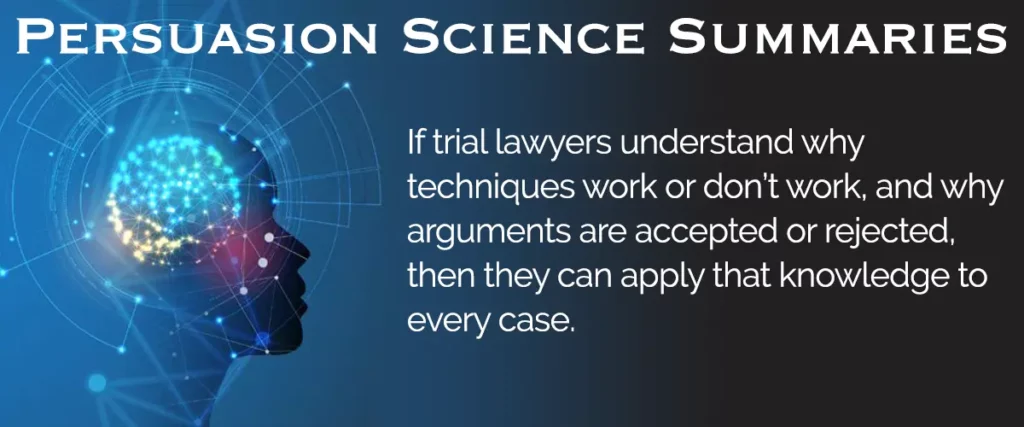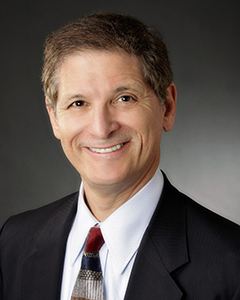

What We Don’t Know Can Hurt Us
John P. Blumberg
There are “the known unknowns and the unknown unknowns” which is how former defense secretary Donald Rumsfeld described some things we know that we don’t know, and other things that we don’t know that we don’t know. In the general public, there are people who enjoy the challenge of learning new things, and others whose brains resist having to do the mental work of learning. It might be compared to those who engage in physical exercise, and those who are couch potatoes. Jurors who do not relish the work of learning will resort to so-called “common sense” which Einstein characterized as “nothing more than a deposit of prejudices.” Prejudice, in this sense, is to resort to that which is believed to be true, rather than arriving at the truth after thoughtful analysis. In other words, to pre-judge. These jurors do not know what they don’t know, and are typically not inclined to change their pre-judgments, even when skilled trial lawyers are trying mightily to educate them.
One’s intelligence and education do not necessarily immunize against the resistance to keep searching for the truth. A historical example of such educated resistance is found in the struggles of Dr. Joseph Lister in the mid-1800s when he was largely ignored and often derided by other surgeons for his theory that invisible germs were infecting patients, many of whom died shortly after being operated on. (These surgeons re-used the same instruments used on other patients or for autopsies.) A prevailing belief at the time was that infection was a by-product of the wound itself. Slowly, antiseptic and sterilization precautions became accepted, and Dr. Lister became renowned.
What about lawyers? Over the course of law school, we learn immense amounts of information. Practically overwhelming. Then, the bar exam tests what we know. And when we pass, we think we really know a lot. But what we really know is actually more like knowing which aisle to walk down in a library on the way to seeking answers or enlightenment. (This may be an outdated analogy since most no longer do research in a library.) The practice of law should be a quest for more information; more enlightenment; more nuanced understanding. California Court of Appeal Justice William Bedsworth perhaps said it best: “With the passage of time, we are blessed with more information to draw upon, more history to learn from, more science to apply . . . more chances to improve. While it is sometimes difficult, we try to make the adjustments these resources require. We try to become better than we were.” (People v. Ogaz, 53 Cal. App. 5th 280 (2020)).
When I was a new lawyer, I felt pretty confident about my understanding of certain areas of law. That’s when my father told me that I only thought I knew the answers. He taught me that you can never be sure that you know without checking. Has the law changed since the last time you looked? Have cases modified what originally seemed to be the rule? Has the context changed?
Aristotle famously said, “The more you know, the more you know you don’t know.” Stated differently, the more you learn, the more you realize how much more there is to learn. Which brings us back to Donald Rumsfeld’s observation about “unknown unknowns” that started this discussion. The invisible germs recognized by Dr. Lister but rejected by his experienced colleagues were “unknown unknowns.” The germs affected patients but their existence was unknown. Dr. Lister had searched for the invisible cause of losing patients, and found it.
What’s the Point?
We search for the invisible causes of losing cases, and maybe we are closer to finding it. The invisible causes seem to be a combination of brain structure, cognitive capacity, and resistence to changing the status quo. These are explored in Persuasion Science for Trial Lawyers, and new ideas will be the subject of future Persuasion Science Summaries.




